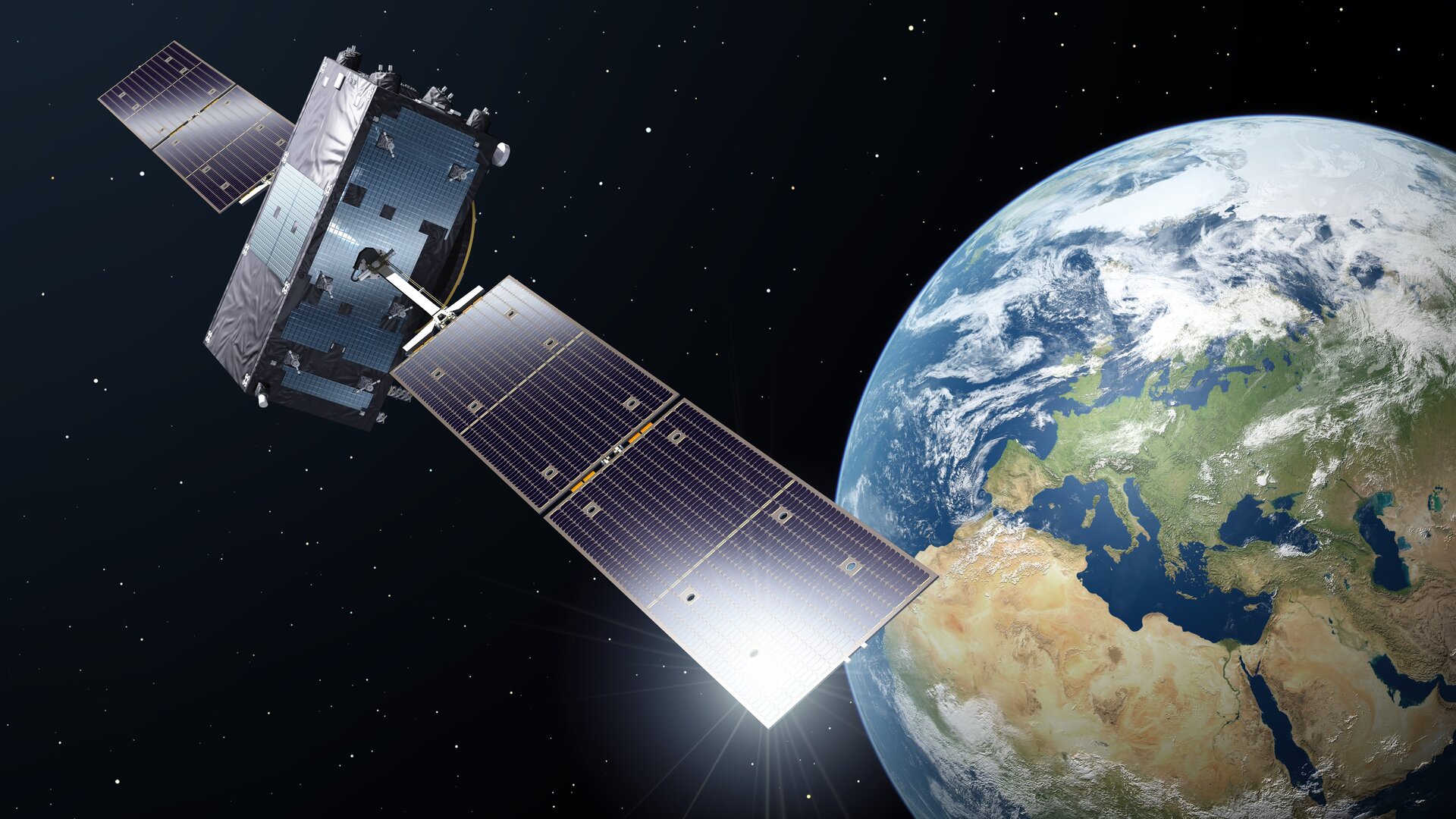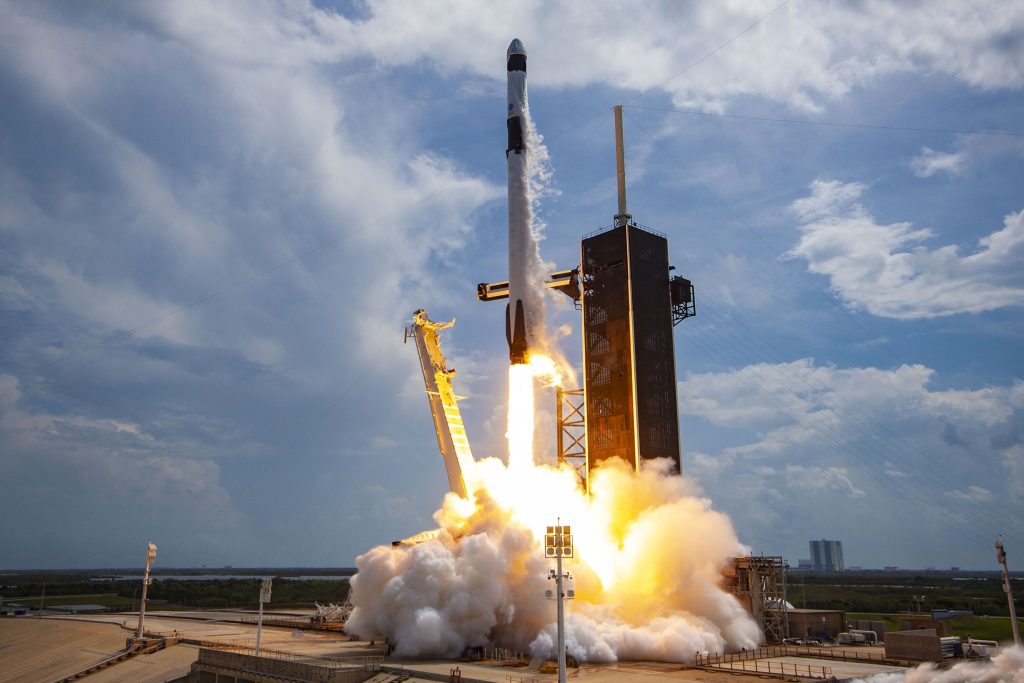EU completes agreement with SpaceX for Galileo Satellites Launch
9th Nov 2023
The European Union is on the verge of finalizing an agreement with SpaceX to send four Galileo navigation satellites into orbit in 2024.
Launch Agreement Overview
Thierry Breton, the Commissioner for the Internal Market for the European Commission, mentioned at the European Space Summit’s press conference on 7 November, that he is in the concluding stages of talks for two SpaceX’s Falcon 9 launches. These launches are planned for April and July of 2024 and will each carry two Galileo satellites.
The launch agreement was finalized in July, according to Breton. The European Commission greenlet a proposal by the European Space Agency to utilize Space X’s Falcon 9 for satellite launches. It allocated a budget of 156.8 million pounds ($192 million) for the purpose.

European Space Agency’s key decisions
During an ESA Council meeting on 19 October, ESA Director General Josef Aschbacher emphasized that the ultimate decision to employ SpaceX for the Galileo satellite launches rested with the Commission.
For over a year, there were ongoing talks about opting for a non-European rocket, such as the Falcon 9, to launch the satellites. This consideration arose due to setbacks in the Ariane 6 development, the retirement of the Ariane 5, and the withdrawal of the Soyuz following Russia’s invasion of Ukraine.
At the recent ESA Council meeting, Francisco-Javier Benedicto Ruiz, ESA’s director of navigation, stated that “there are currently no significant anomalies or urgent trends in orbit. Nevertheless, there is a desire to continue with the deployment efforts.
Falcon 9 launch agreements and mission highlights
ESA had previously secured agreements with SpaceX for three Falcon 9 launches. The first launch involved the Euclid astronomy spacecraft in July. The remaining launches are scheduled for 2024 and include the Hera asteroid mission and the EarthCARE Earth science satellite. ESA opted for the Falcon 9 due to the setback with the Soyuz, ongoing delays with the Ariane 6, and reservations about the Vega C, which has been inactive since a launch failure in December 2022.
Avio’s participation in the agreement
In a statement on 7 November, Avio, the principal contractor for the Vega rocket, disclosed additional details of the launch agreement. Avio is set to assume responsibilities for launch operations and sales of the Vega from Arianespace. The transition is expected to be finalized by mid-2024. Avio anticipates reaching an agreement with Arianespace regarding the handling of the 17 currently contracted Vega launches.
The agreement also stipulates the allocation of existing infrastructure at the Kourou spaceport in French Guiana for Vega rockets. This includes utilizing the former Ariane 5 pad for launches of the Vega E, an upgraded version of the Vega C featuring a new liquid-propellant upper stage currently under development.






Thank you for your comment! It will be visible on the site after moderation.